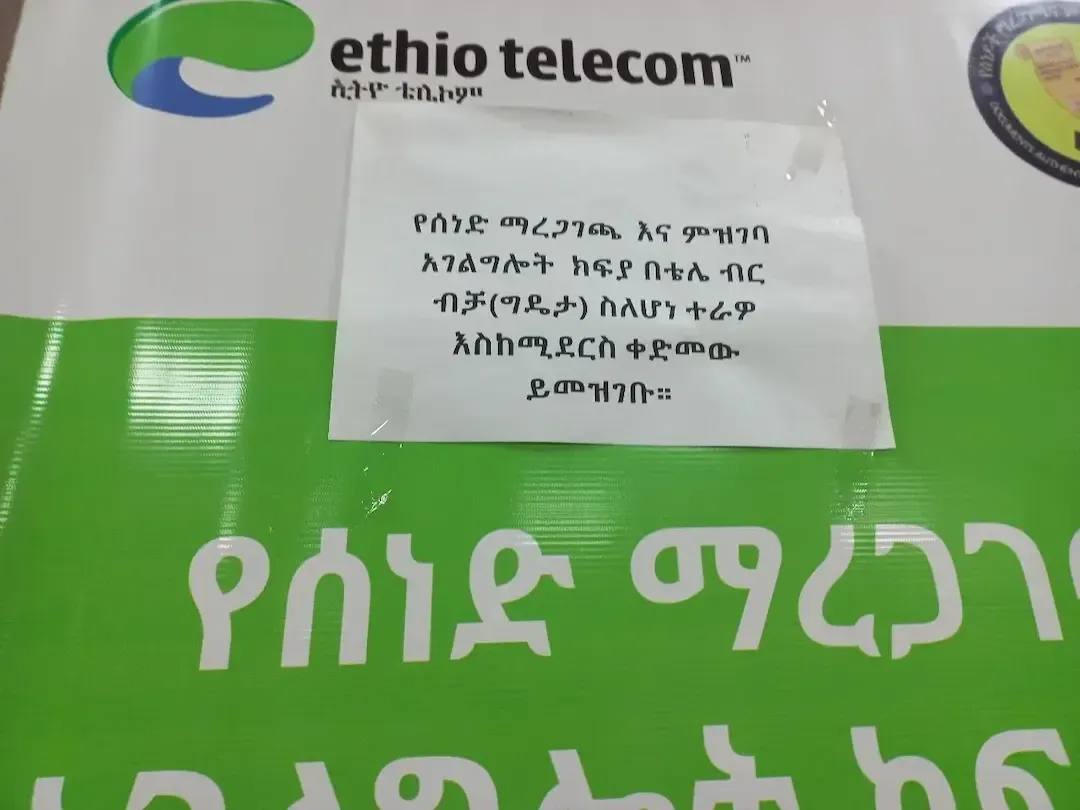Progress for 0 ad
Progress for 1 ad
Progress for 2 ad
Progress for 3 ad


Kaleab Girma
Addis Ababa, Ethiopia

The Ministry of Finance has issued a sweeping new directive requiring all federal public institutions to accept payments from any licensed payment service provider. Passed into effect at the end of May, the regulation aims to promote fair competition and ensure consumer protection.
The directive compels public bodies, defined as any federal government organ funded in part or whole by the national budget, to receive payments through a broad range of instruments. These include debit and credit cards, prepaid payment instruments (PPIs), mobile wallets, mobile and internet banking, and fund transfers.
The law further states that public institutions cannot deny or restrict the use of legitimate payment instruments based solely on the identity of the payment issuer, provided they are duly licensed and compliant. Regardless of the payment method or related transaction costs, the directive mandates government offices to receive the full amount set for the service they provided.

This directive comes against a backdrop of systemic challenges related to fair practices in Ethiopia’s digital financial services (DFS) sector. Despite Ethiopia witnessing structural and legislative reforms in the DFS space, including increased participation by non-bank and foreign telecom operators, industry players often voice concerns about the entrenched advantages enjoyed by state-owned giants Ethio telecom and the Commercial Bank of Ethiopia (CBE).
It took Safaricom’s M-Pesa mobile money service two years to integrate into the country’s digital fuel payment system, entering the sector after transactions worth 400 billion birr had already been processed by other existing players.
Unfair trade practices, government favoritism, disproportionate pricing at the expense of end users, restricted access, and a lack of interoperability are some of the issues within Ethiopia’s DFS competition landscape.
These challenges were further compounded by the absence of sector-specific competition laws. The latest law, titled “A Directive on Mandatory Acceptance of Payments from all Licensed Payment Service Providers by Federal Public Bodies,” aims to change the course on this.
To enforce compliance, all public institutions are required to complete necessary technical and administrative preparations within 90 days of the directive’s issuance. Progress reports must be submitted to the Ministry of Finance at 30-day intervals until full implementation is achieved. The Ministry’s Inspection Department will supervise compliance and may carry out inspections or request relevant data.
👏
😂
❤️
😲
😠

Kaleab Girma
Kaleab Girma, an Addis Ababa-based reporter and researcher, with over six years of experience in the field. He currently serves as Shega's Editor-in-Chief and specializes in reporting on small businesses, innovation, technology, and startups in Ethiopia.
Your Email Address Will Not Be Published. Required Fields Are Marked *